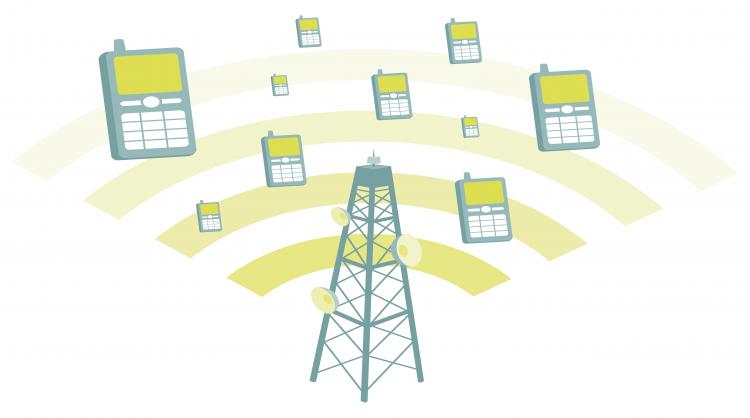FCC Proposes Auction for Desirable Toll-Free Numbers
October 20, 2017 | by Andrew Regitsky

The FCC released a Notice of Proposed Rulemaking (NPRM) on September 28, 2017 in Docket 17-192 proposing changes to its rules for certain toll-free number assignments. Industry comments are due on November 13, 2017.
The NPRM is significant because for the first time since toll-free numbers were introduced in 1967 the Commission would use a competitive auction to assign approximately 17,000 sought after numbers in the new 833 code.
Currently, toll free numbers are assigned on a first-come, first-served basis. But according to the Commission:
[T]his system does not consider the need for or the value placed on particular numbers. In addition, questions have been raised about whether organizations with better connectivity to the toll-free number database have an unfair advantage in reserving desirable numbers. To address these and other problems, the Notice proposes adopting a competitive auction for assigning vanity and repeater numbers – such as 833-333-3333 – in the new 833 code for which there is competitive demand. Revenues from the auction would be used to defray the cost of toll free number administration, reducing the cost of numbering for all users. (FCC News Release, September 26, 2017).
To get the show on the road, the Commission established a series of pre-opening procedures to identify toll-free 833 numbers that were in demand. Specifically, it directed RespOrgs to submit a request for up to 2,000 individual preferred 833 numbers.” According to the Commission Rules, a “RespOrg” or a Responsible Organization is an entity chosen by a toll-free subscriber to manage and administer the appropriate records in the toll-free Service Management System for the toll-free subscriber.
Reviewing the numbers requested, the Commission found that there were approximately 17,000 "mutually exclusive" numbers for which there were two or more requests for assignment. These numbers are unavailable until the auction (and this proceeding) are concluded.
These mutually exclusive numbers include repeaters numbers (e.g., 833-333-333 and 833-888-8888) as well as numbers that spell memorable words and phrases (e.g., 833-DENTIST, 833-DIVORCE, 833-DOCTORS, 833-FLOWERS, 833-HOLIDAY, 833-INJURED, and 833-LAWYERS).
147 RespOrgs participated in the pre-code opening process and the top ten mutually exclusive toll-free numbers were requested by 65 or more RespOrgs. The top 25 numbers were requested by 48 or more RespOrgs, and the top 50 numbers were requested by 43 or more RespOrgs. The remaining numbers were assigned as established in the Commission’s existing rule, that is, on a first-come, first-served basis. (NPRM, p. 4).
The Commission proposes to use a single-round sealed-bid "Vickrey" auction to assign the 17,000 mutually exclusive numbers. In a Vickrey auction, the highest bidder for a number wins and pays the second-highest bid for the number. Only RespOrgs will be permitted to bid in the auction. Thus, potential subscribers seeking mutually exclusive toll-free numbers would need to approach one or more RespOrgs about placing a bid on their behalf.
Like most recent FCC actions, not all FCC commissioners are on board with this proposed change to toll-free number assignments. In her dissent, Commissioner Mignon Clyburn suggested the Commission should have first released a Notice of Inquiry to flesh out its proposals before springing them on the industry. Moreover, as she correctly notes, the Commission proposes an auction without any analysis of the effects this would have on the consumers and small groups that will actually use the toll-free numbers:
The few comments received on this item so far, indicate that many consumers are wary of changing the existing system. Significant uncertainties abound. Would this fundamentally change property rights in toll-free numbers? Would it result in additional costs to all consumers who request a toll-free number? Would it decrease the ability of the little guy to get an attractive vanity number? Does it unfairly disadvantage small businesses? These are just a few questions that remain unexplored and unanswered in this item.
The view here is that while an auction may be the best way to assign popular toll-free numbers (apparently it is working well in Australia), Commissioner Clyburn raises some valid concerns. I wish this FCC would take the time to lay out all the facts before it takes its inevitable steps to eliminate regulations. I fear that an auction system which allows RespOrgs to purchase 8YY numbers while only individuals or small businesses can use them could result in a black market for certain numbers. The Commission's failure to examine this possibility or any other potential areas of misuse are a sad commentary about the state of telecom regulation today which too often puts results before fact-finding.

